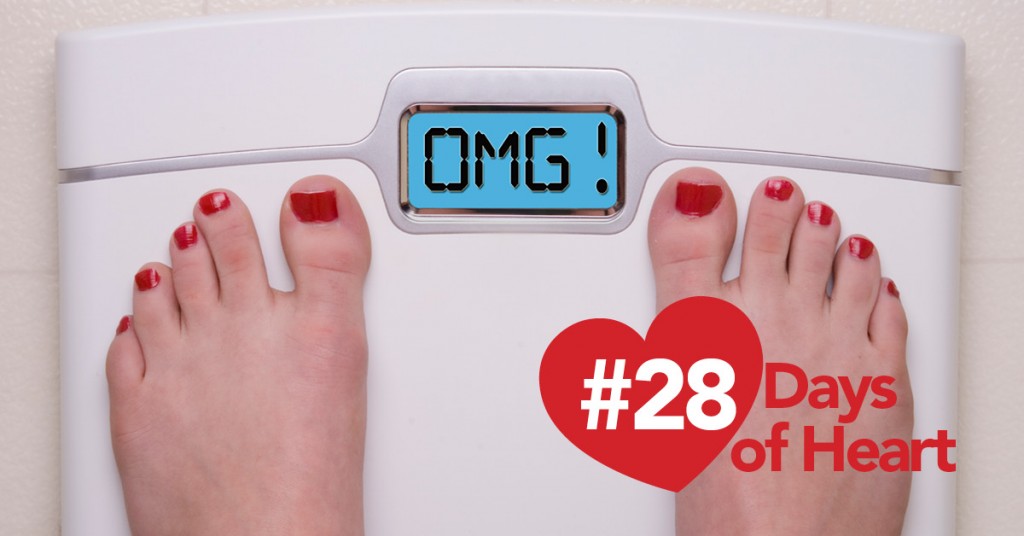How Weight Weighs on Your Heart
February 17, 2021

Many of us have made New Years resolutions to lose weight, eat healthier and exercise. When we don’t always follow through, it’s not because we don’t want to be healthier. More often, life just gets in the way.
But even with life’s challenges, it’s important for us to find ways to help our heart be healthy. Weight can be a critical indicator of our risk level for heart problems. More specifically, where that weight is can also elevate risk.
Location counts
A thicker waistline can increase your risk for heart attack. Stomach fat is linked to high blood sugar, increased blood pressure and higher levels of triglycerides (fat used to store excess energy from the foods you eat). Belly fat is more dangerous for your heart as it is closer to your internal organs. It can also be the hardest kind of fat to lose, so working with your healthcare provider to create an eating and exercise plan can be particularly important to achieve and maintain a healthy weight and enhance your heart health.
Stress can lead to weight gain
The stress hormone cortisol can increase belly fat. It can also narrow your blood vessels, which can raise your blood pressure as your body tries to boost the flow of blood. If you are frequently stressed, the process can lead to blood vessel damage and a build-up of plaque.
I want to lose weight. Now what?
While there is no one-size-fits-all approach to losing weight and reducing your waistline, one thing is common: it starts with a decision to make a change. Talk to your primary care provider about putting together a nutrition and fitness plan to help you achieve and maintain a healthy weight. And remember, it’s a marathon, not a sprint. Avoid the two-week crash diets and opt for a long-term, more sustainable plan that you can maintain on a daily basis.
